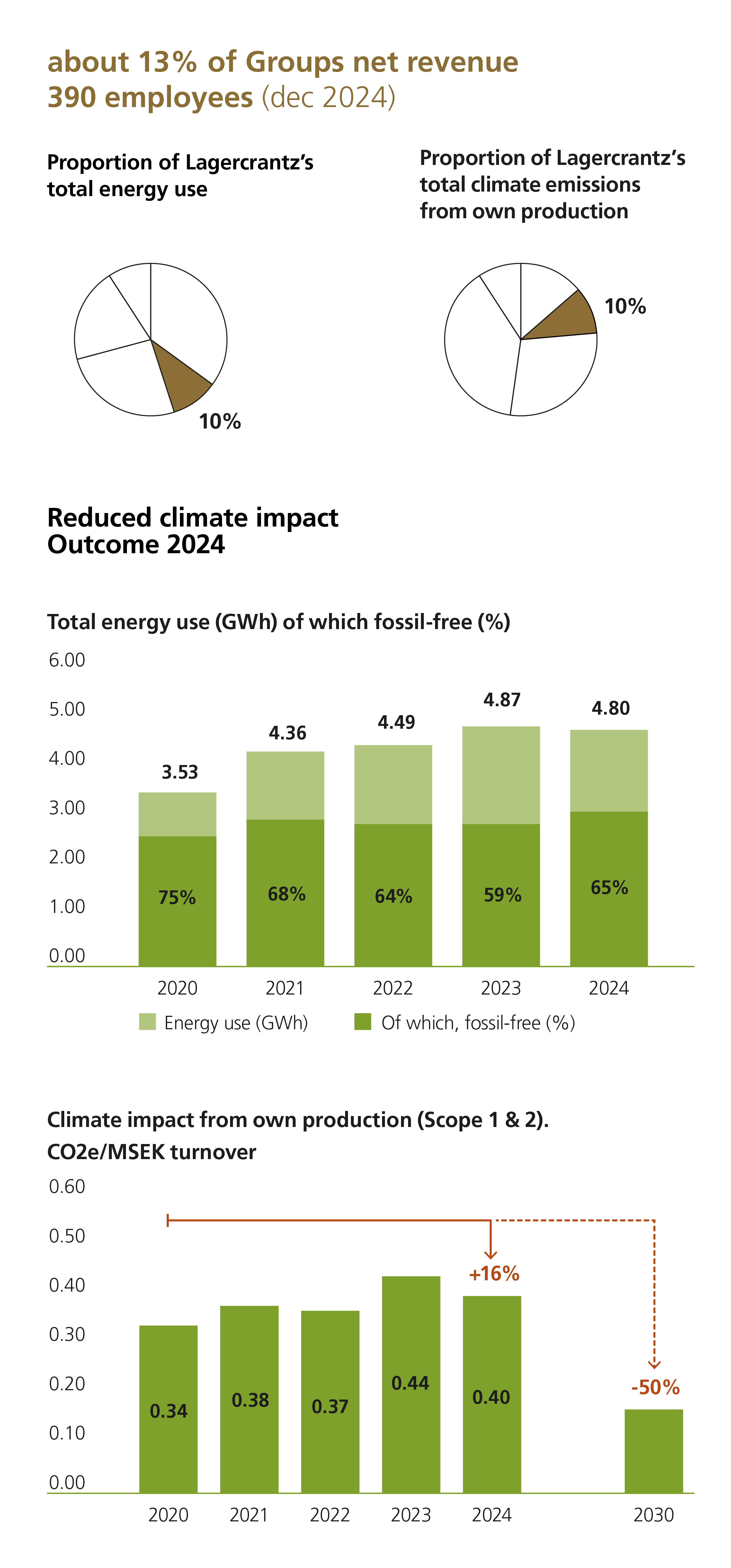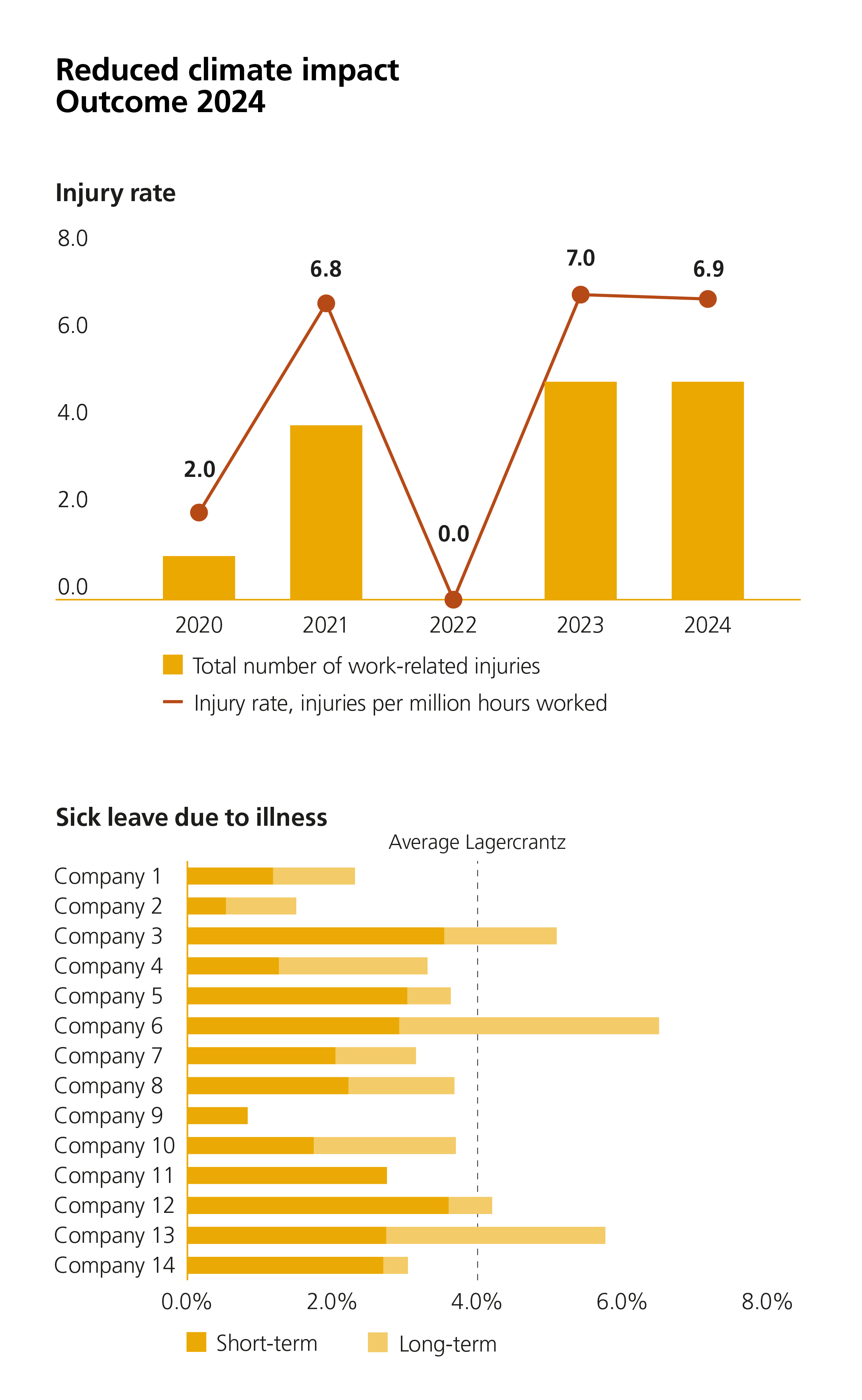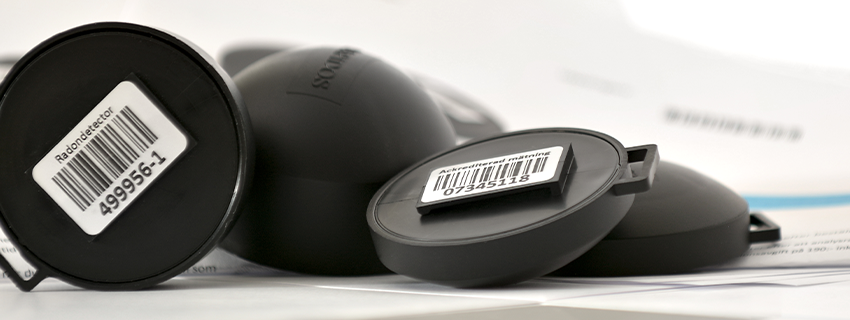Sustainability in Control

|
The Control division’s companies consist of niche businesses operating primarily in measurement and control technology. Several of the businesses contribute to a more sustainable society by improving the efficiency of resource utilisation through remote measurement, checking and control of equipment.
Outcome 2024
|
 |

|
Responsible employer and business partner
Outcome 2024
|
 |
Case – Radonova

Radonova is a Swedish company that provides products for measuring and analysing radon in indoor environments. During the year, Radonova has worked purposefully to reduce transport emissions, especially air freight, which has been identified as one of the main sources of the company’s CO2 emissions. The focus has been on replacing flights with more sustainable alternatives where possible, as well as consolidating transports to the US. This initiative has delivered both cost savings and a 24% reduction in emissions from inbound transportation during the year.
Read more about Radonova's sustainability efforts here: Radonova
as well as a selection of our other companies' sustainability efforts:
Gasiq
He-Man
Leteng
Nikodan
Orax
Vanpee DK